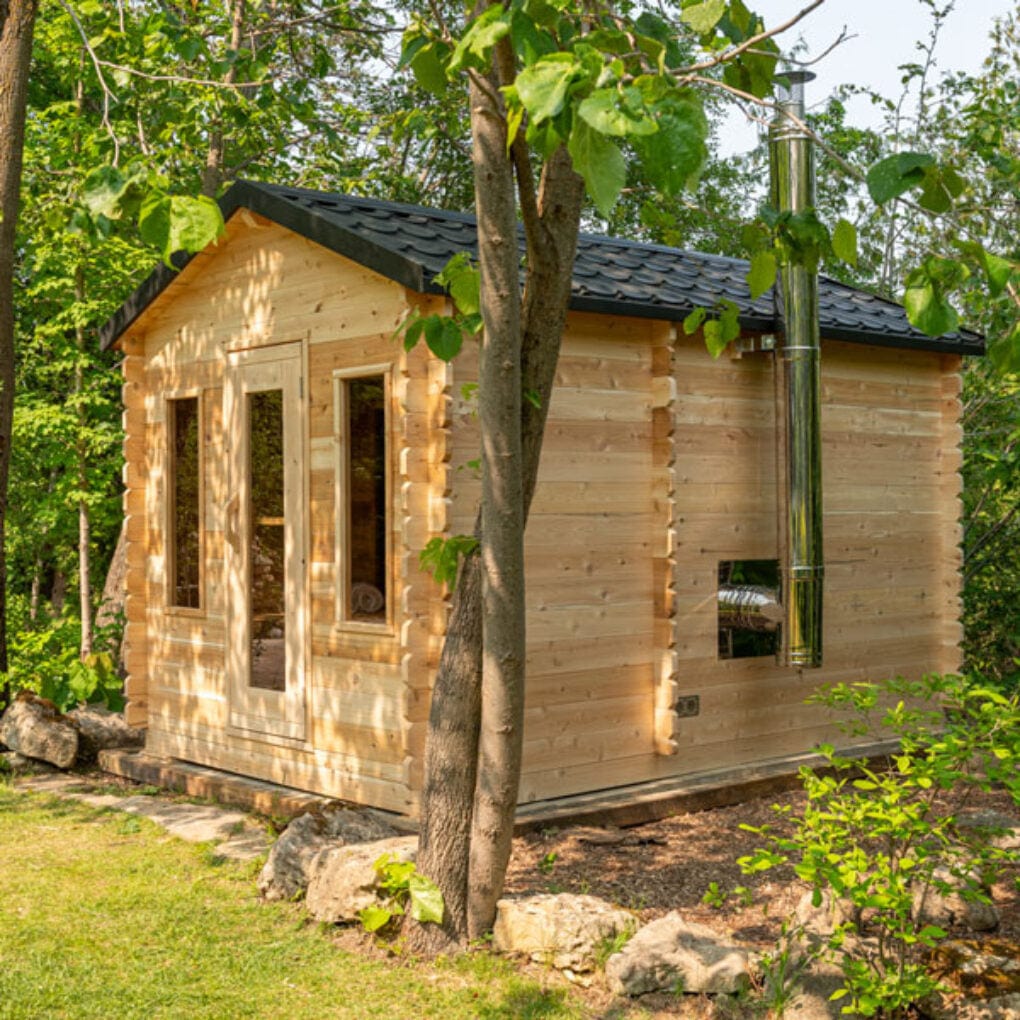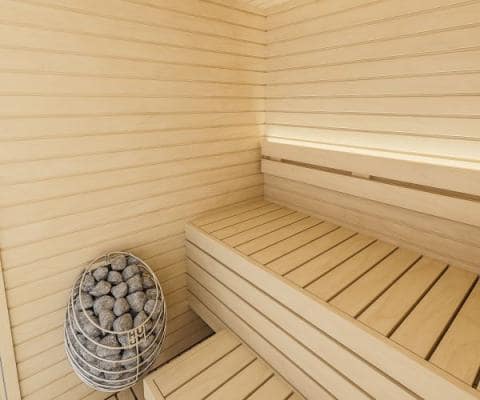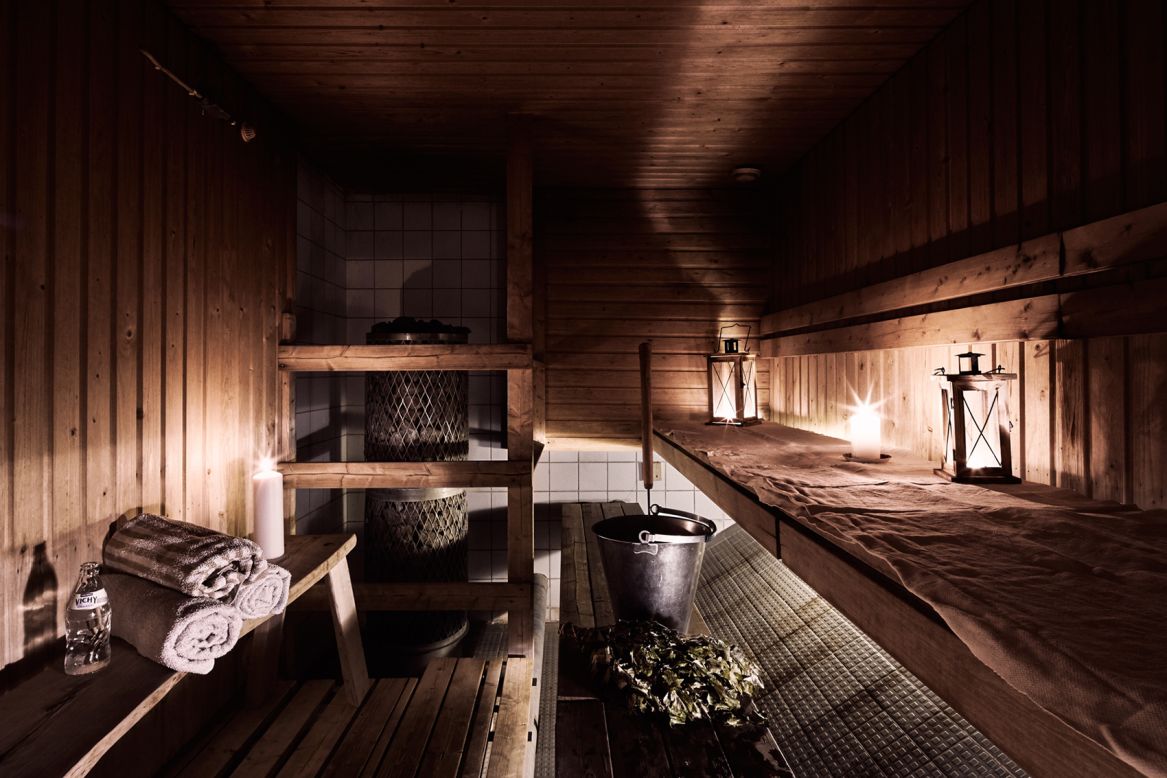Traditional Sauna Fundamentals Explained
Wiki Article
The Single Strategy To Use For Traditional Sauna
Table of ContentsGetting The Traditional Sauna To Work7 Easy Facts About Traditional Sauna ExplainedAll about Traditional SaunaSee This Report about Traditional SaunaRumored Buzz on Traditional Sauna
The majority of the weight lost in a sauna is water loss and is re-gained upon rehydrating. Nonetheless, without a question sauna can be a fundamental part of a healthy weight management program. To look at the distinctions between standard and IR saunas, I will certainly separate these right into verifiable, academic, and produced differences.Hence, the best factor in the saunawhich goes to the ceiling directly above the sauna heateris commonly in between 185 and 190 F. Claims that a traditional sauna surpasses 200 F is just not real and not appropriate for electric saunas marketed in the US. The temperature for a far-infrared sauna is typically set between 120 and 140 F; nonetheless, unlike the standard sauna, the goal in and IR area is not to attain a high temperature level.
Due to this, the temperature difference is almost unimportant, since profuse sweating results in both sauna types, however the approach of warming the body is different. In an IR sauna the bather will certainly really feel warm and will certainly sweat profusely, yet at a lot lower temperatures (Traditional Sauna). Therefore, if the objective is to spend longer durations of time in the sauna, the IR sauna is a great option
When a traditional sauna has actually been properly heated up, the sauna walls are warm, the air temperature level has actually accomplished established temperature and the rocks are incredibly heated. As an intriguing side note, the warmed walls and the rocks are discharging far-infrared warmth, integrated with the warmed air, to produce an "covering heat".
The Ultimate Guide To Traditional Sauna

When the high temperature is accomplished, the elements cycle on and off to preserve the high temperature level. A lot of standard sauna users delight in pouring water over the rocks to produce vapor to increase sauna moisture degrees. The benefits of pouring water over the rocks include: making the area more comfortable, moistening the nasal passages, and allowing the use of aromatherapy by blending essential oils with the water.

When the energy enters the body, it triggers the body temperature level to enhance and inevitably causes sweat. In an infrared sauna it's crucial for the emitters/heaters to stay on virtually continuously. Since there is no mass of rocks to retain heat, the sauna will cool down if the emitters closed off.
As stated above, the sauna bather in an infrared space wishes to position himself before operating emitters to obtain optimal advantage from the warmth. The heating time for the 2 spaces can be extremely various, relying on just how the spaces are used. For a traditional sauna, a bather needs to allow 30-40 mins for the area to achieve a desired temperature level and to effectively pre-heat the rocks.
5 Easy Facts About Traditional Sauna Explained
A well built sauna will generally achieve a temperature of 150-160 F in about 30-40 minutes. For hotter temperatures, the space may require to heat for a longer period.

Conventional saunas often tend to be larger (therefore use more electrical energy) than infrared saunas, although conventional saunas are certainly readily available in one and two individual dimensions. For a two-person traditional sauna, 5x6 or 5x7 dimension more helpful hints is most preferred. The leading bench can pleasantly seat two or 3 individuals and is additionally long enough to rest throughout the sauna session.
Not known Factual Statements About Traditional Sauna
The ordinary cost per kWH of power in the U.S. is about $0.11, so a 4.5 kW heating system will cost around $.50 to run for one hour, if the heating unit runs constantly for one hour. Normally a sauna heating unit will certainly compete 75% of the very first hour and 50% of succeeding hours on since the elements cycle once the established temperature is attained.
Finally, there is a seldom reviewed difference in the social experience between both rooms. While our culture has shed a few of the social benefit of the standard sauna experience, it can be very socially gratifying (Traditional Sauna). From family members time in the sauna, to go to my site heart-felt discussions with loved ones, to sauna partiesthe conventional sauna experience can result in intimate mingling
Fascination About Traditional Sauna
Many greater end infrared rooms include tinted light treatment, noise systems and full-glass fronts. The size of the majority of areas enable 2 individuals to comfortably utilize the space, while some designs may enable a third or fourth individual to use the area. Custom-made infrared areas are also offered, with area sizes readily available up to 7' x 8' x 7' high.Report this wiki page